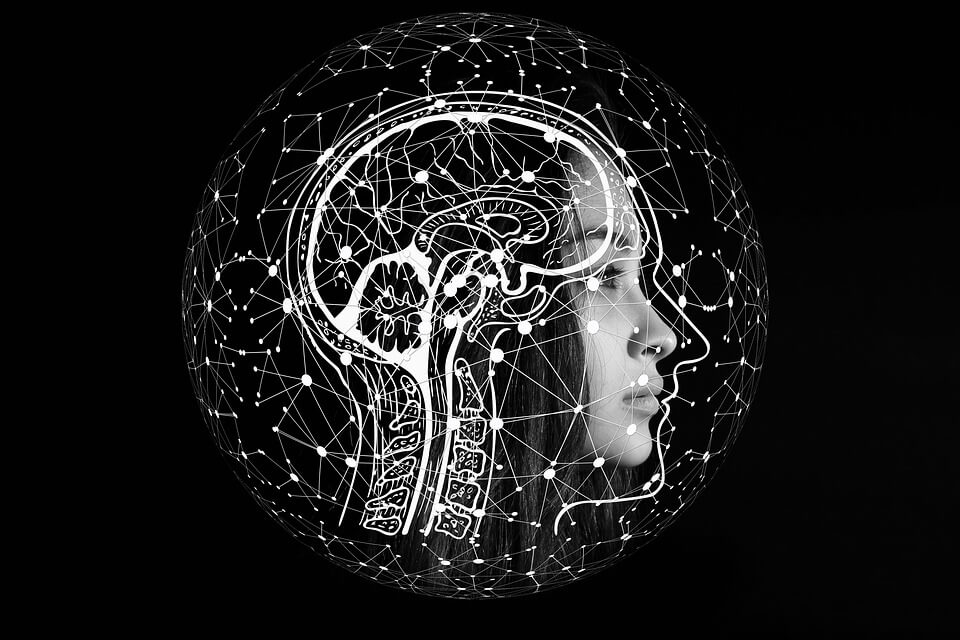3 Reasons Why Behavioural Science is Critical for CX Transformation

Spare a thought for the millions of emails that are never opened.
For the millions of letters that are never read.
For the millions of website clicks that never reach conversion.
For the millions of full baskets that are never checked out.
For the millions of forms that are never filled out.
For the millions of conversations that leave the customer unsatisfied.
Despite the strive for customer-centricity, many businesses have forgotten what is most important: the customer. So how do we bring back the human touch?
More and more customer experience teams are starting to use principles from Behavioural Science to transform their customer experience. Want to try taking this innovative approach for yourself?
Below are three reasons to start incorporating nudges from Behavioural Science in your customer experience today:
1) You Can Use Behavioural Science to Better Understand and Change Customer Behaviour
There is no doubt that Behavioural Science provides a compelling toolkit for understanding what is really going on inside customers’ brains. Behavioural Science uses these customer insights in order to change behaviour and drive compelling results.
For example, when our brains are faced with too much information, we experience “cognitive overload.” To reduce this problem for one of our clients, we helped them to “chunk” complex information in phone calls into digestible parts. This made it easier for customers to take action, and improved the sales conversion by +68.5%.
2) Behavioural Science Transforms the Internal Customer Experience for Employees, as Well as the External Experience for Customers
The brilliance underpinning Behavioural Science is that the human insight is universal. We’re using the very same techniques to improve the experience for employees and, by doing so, this creates valuable experiences for customers.
For one of our clients, we used the principle of “reciprocity” to make conversations in contact centres more meaningful and fulfilling for both employees and customers alike. Customers aren’t saying, “I don’t know what you mean,” anymore, and employees are enjoying their conversations more.
As a result, the churn rate of staff is down to a one quarter of the previous levels, and employee NPS has improved considerably.
3) Behavioural Science Benefits From Academically Rigorous Techniques that Prove the Value of Customer Experience Transformation
Customer Experience Transformation Programmes are often challenged on their ability to deliver concrete value to the business, and one of the benefits of Behavioural Science is its academic rigour. Being able to prove that customer experience interventions are backed up by science is a real asset in a business context.
Randomised Control Trials, A/B split tests, MVTs all combine to accurately and statistically prove the value of any investment, and make a robust business case for future investment.
In order to demonstrate the value of using Behavioural Science to transform customer experience, we work with our clients to design rigorous experiments.
In one such experiment, we demonstrated that our Behavioural Science intervention delivered transformational commercial returns of £37:£1.
There’s no doubt that using Behavioural Science allows you to deliver a superior customer experience with transformational results. If you’d like to learn more about how you can start using Behavioural Science to improve your customer experience today, come and say hello at the Cowry Consulting stand at CXForum on the 9th of October.


